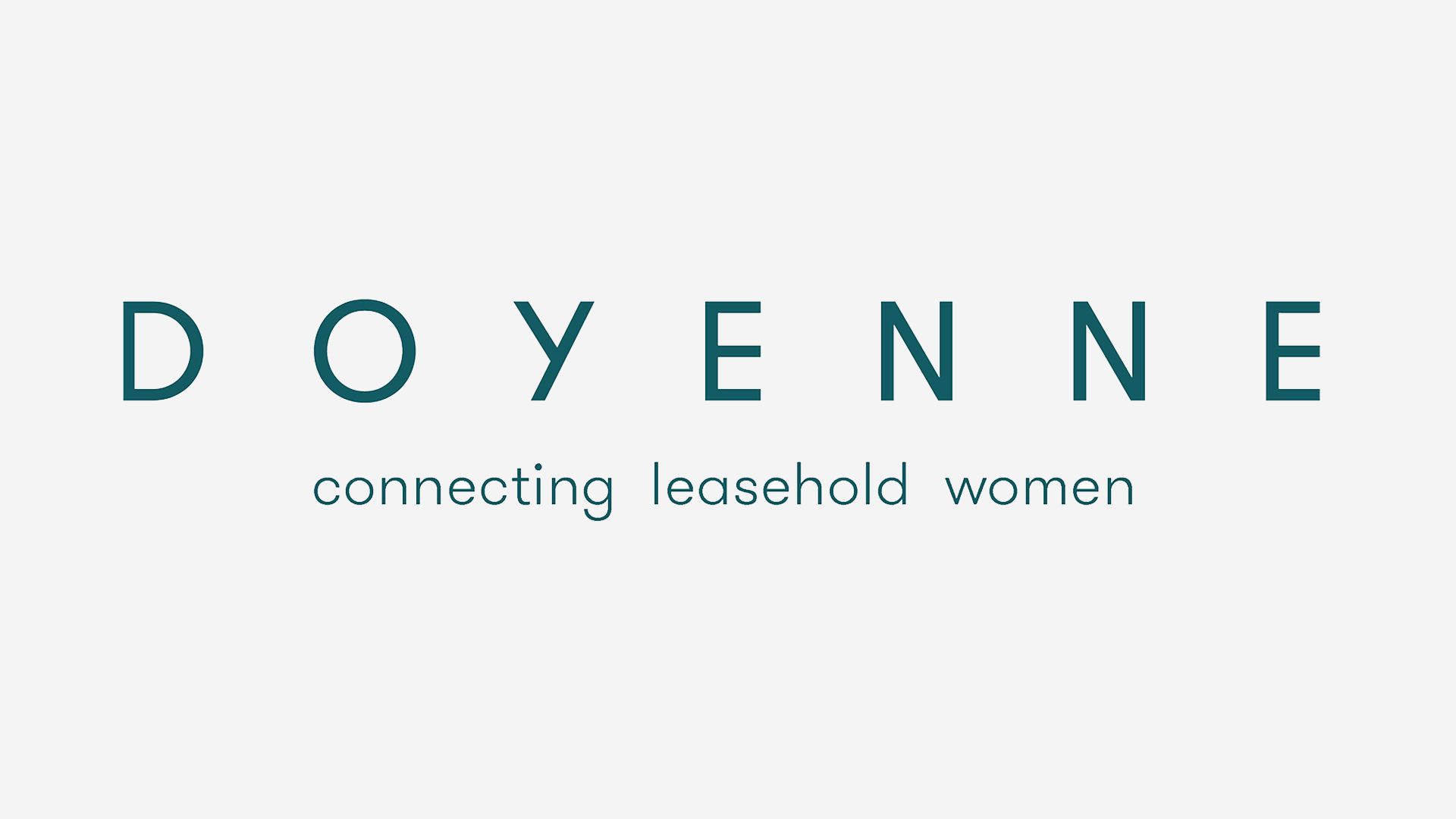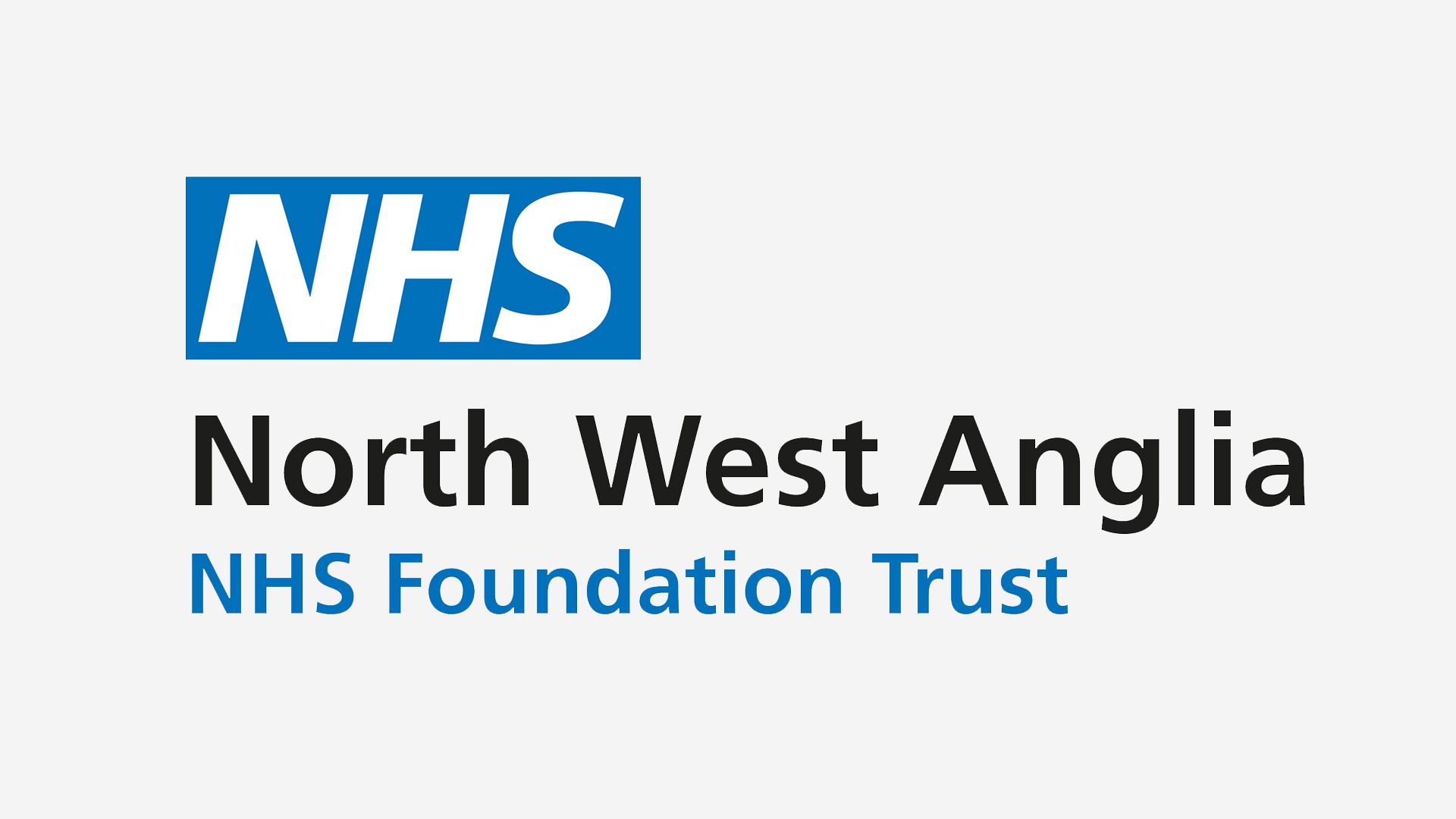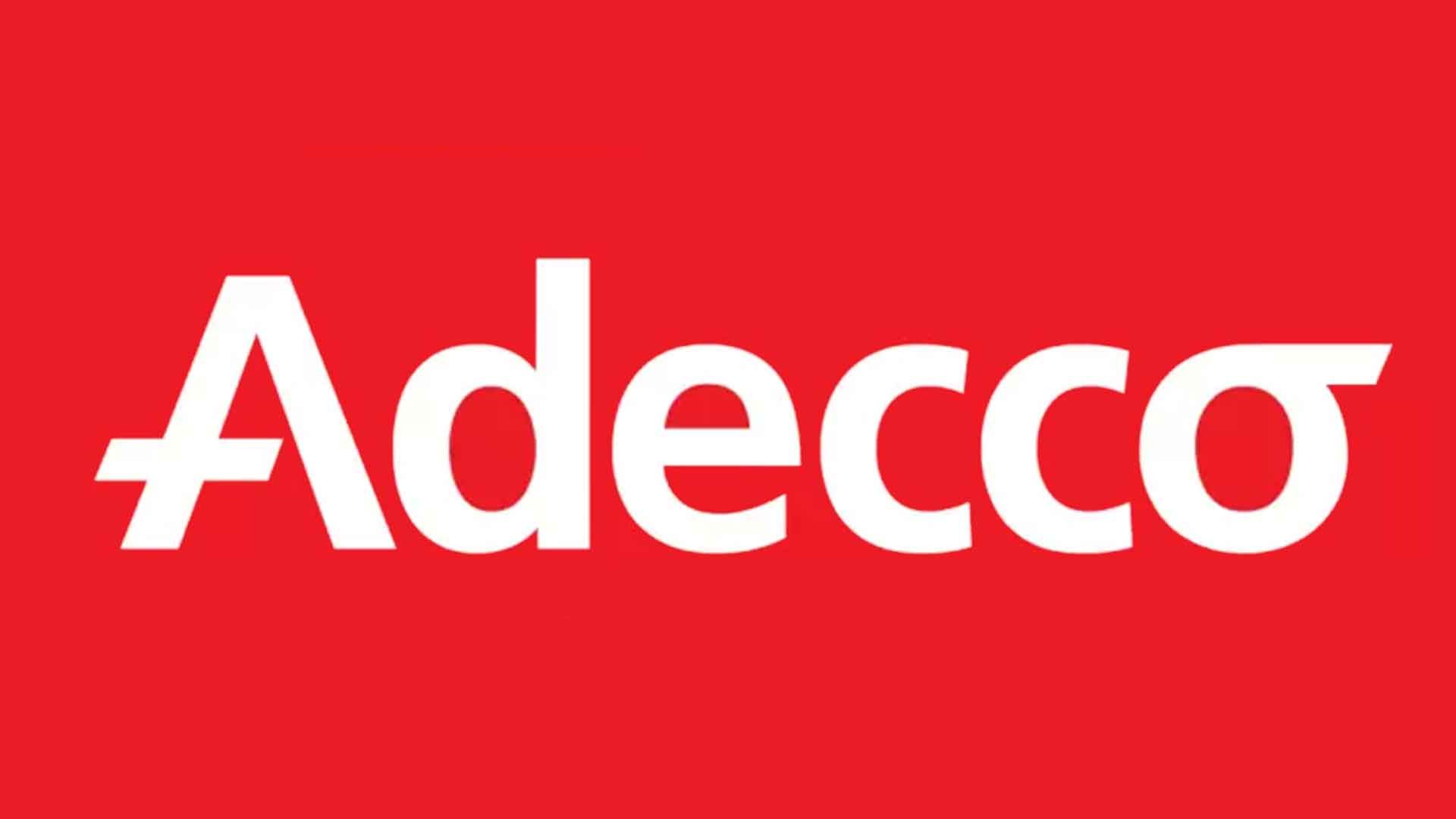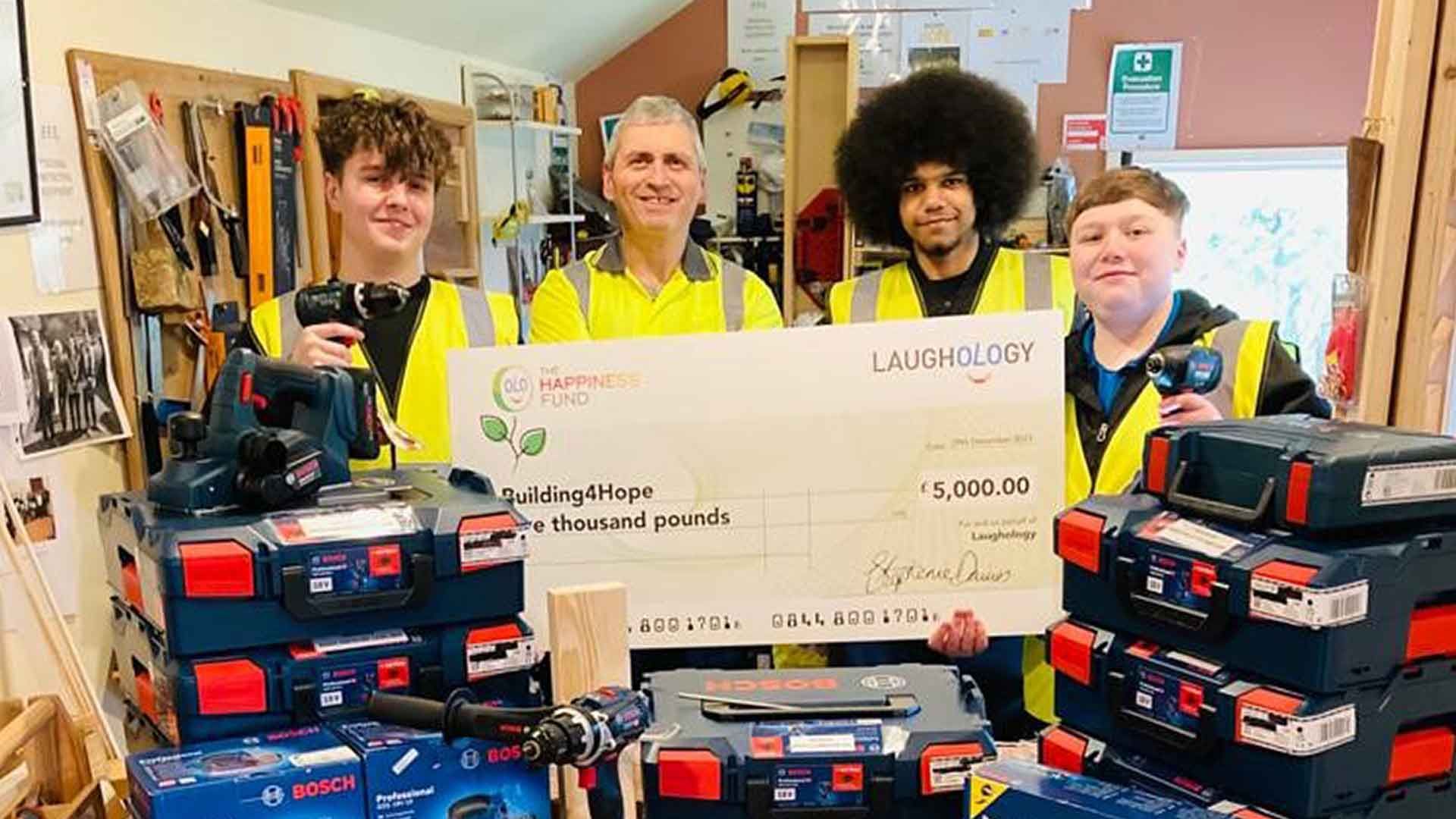Graduate training programme with O2

There’s always plenty in the media about graduates not being work ready, but what does that actually mean?
Laughology is often asked to build graduate programmes to help graduates develop the skills for the workplace. Many people come to work straight from university or college having learned ‘textbook’ business in a classroom. Usually this is not enough, and they struggle to cope with the demands of the ‘real world’. To be truly work ready they need to learn and apply thinking skills, confidence, presentation skills and social and emotional intelligence. Classrooms rarely teach how to working with clients and thinking on your feet, yet these skills are vital for success in the workplace. Laughology has developed a unique four-module programme with its learning partner O2 to develop all these skills. It sits within 02’s wider Spark programme.
Our contribution includes Understanding Self, which is a full-day workshop that shows delegates how to recognise their values how they impacts on decision-making. It also develops an understanding of social intelligence and is brought to life with group activities.
In July we introduced the My Mindset element of our programme. This module gives an understanding of how individuals react in situations. It also gives tools to build confidence and develop skills such as risk-taking and creativity. The session was delivered through a fun, dynamic morning of interactive learning followed by an equally fun afternoon of comedy improvisation where delegates learned skills and performed to their peers. In comedy improvisation performers learn to take risks, think quickly, to present, to be creative, to develop ideas, to communicate and to deliver material with gusto and confidence. All these skills are transferrable to business.
The large group of 45 were split into smaller groups of three, each had a lead Laughologist to take them through the rules of comedy improv using fun games as learning tools. In the final part of the day they all came into the one room and each group took to the stage to show off the improvisation games they had learned, asking for suggested scenarios from the audience and responding on the spot.
The confidence and creativity in the room was immense. When asked what they learnt delegates answered: ‘To deliver my idea with confidence’ and ‘to be accepting of other ideas’.
After the session the delegates understood that it’s okay to be vulnerable and not to have all the answers, as long as you can adapt to the situation. They have taken the skills they picked up and are now using them in real-life situations.
The next two modules will be My Challenge and My Learning. Each session will be a full-day and involves pre-learning, post-learning and tasks to complete. So far, four of the cohort have had promotions and there are lots of stories about how new skills and learning have been put into practice.
It is common for graduates and new recruits to leave their jobs after just one year. A recent survey by the Association of Graduate Recruiters showed that up to 20% leave by the end of their first year often citing dissatisfaction with development and career progression as a reason.
Engaging with your new recruits and graduates in a programme has a positive impact. The programme need to be interesting and exciting. It also should develop the individual personally and empower them to look for opportunities in the business. O2’s Spark programme does just that. It encourages new recruits and graduates to think differently about their career paths and challenge themselves to take control.
When creating a new graduate or new recruitment programme:
- Be clear about everyone’s expectations. Some, but not all new recruits or graduates, enter the workplace with high expectations of being promoted in six months. Encourage them to be realistic about opportunities and to think about taking responsibility for getting on. Do this with stories from leaders in the business.
- Whatever learning you decide to do, try and make it last at least six months, even if it’s them developing their own learning package and following up with their managers. Make sure the programme gives them skills that develop them personally as well as technically. In doing this you’ll engage with them emotionally and even if they do leave, they may well come back later.
- Make sure you engage their managers in the programme so managers understand content and expectations.
- Make it fun. You want your graduate programme to stand out and for people to want to complete it as well as benefit from it. Be creative. Bring learning to life.

































